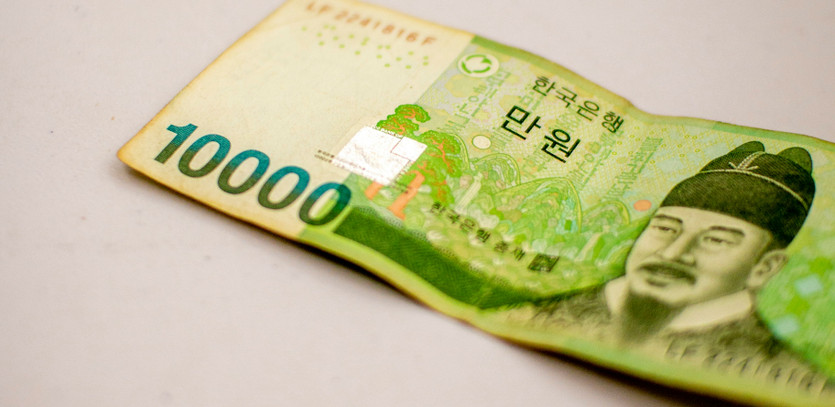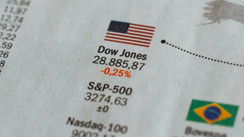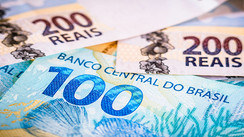South Korea's Strategy on Currency Trading Reforms
According to a high-ranking government functionary, South Korea anticipates its ongoing reforms to revise the currency trading practices. They expect these reforms to shift a significant percentage of non-deliverable forwards (NDF) market trading volumes to its spot currency market.
In a recent interview, the official detailed the country's updated approach towards market reforms. The reforms, initiated this year, aim at enticing foreign investors, making a mark on global indexes, and improving accessibility for wider foreign participation through extended trading hours.
Insights from Shin Joong-beom, Finance Ministry Official
Shin Joong-beom, director general of South Korea's finance ministry's International Finance Bureau, highlighted that not only hedgers but also buyers who are interested in the Korean won also participate in the NDF market for forex transactions.
"Our goal is to transfer a sizeable portion of the NDF to the spot deliverable market," Shin added. Many foreign investors engage in the derivatives market, especially the non-deliverable forwards, to trade the Korean won and manage their offshore currency exposure.
Extended Trading Hours for the Onshore Market
Currently, the onshore market operates from 9 a.m. to 3:30 p.m. However, effective July, South Korea plans to extend its operational hours to accommodate trading from 9 a.m. to 2 a.m., thereby including London business hours. The expansion will permit a diverse array of global investors to engage in the interbank foreign exchange market.
South Korea’s Bid for Inclusion in Benchmark Developed Market Indexes
Shin emphasized the importance of offering the dollar/won spot exchange rate during the London fixing time to global fund investors who conform to MSCI or WGBI guidelines as the value of global funds is evaluated daily. As a result, this move will positively impact South Korea's endeavor to secure acceptance of its stocks and bonds into the benchmark developed market indexes.
About two dozen foreign firms, including SSBT London, HSBC Singapore, and MUFG Tokyo, have expressed interest in participating in South Korea's local interbank. This could potentially lead to an injection of billions of dollars into Asia's fourth-largest economy.





